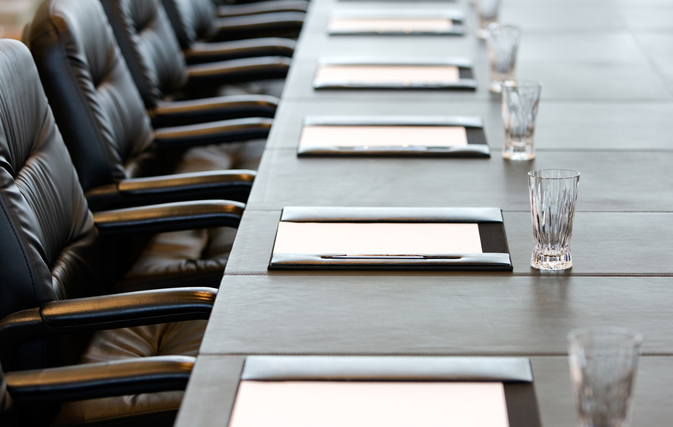DALLAS — With U.S. airline executives meeting this week with President Donald Trump, the White House appears skeptical about a push by carriers and their unions to block competition from a European airline.
Pilot unions in particular want Trump to overturn an Obama administration decision that allows European budget airline Norwegian Air Shuttle to expand service to the U.S. through an Irish subsidiary. Unions say the subsidiary would skirt labour laws and threaten U.S. jobs.
But this week, White House press secretary Sean Spicer suggested that the country would benefit from the arrangement. He said U.S. workers would build the planes and serve them.
“There is a huge economic interest that America has in that deal right now,” Spicer said.
While saying he did not want to get ahead of the president, Spicer added that “we are talking about U.S. jobs both in terms of the people who are serving those planes and the person who is building those planes.”
Norwegian lauded the remarks.
Anders Lindsrom said Norwegian has 500 crew members based in the U.S. and is the only foreign airline recruiting American pilots. The airline has 120 Boeing planes now and has orders for another 120, he said.
Norwegian seeks to undercut competitors through lower labour costs, said Dan Carey, president of the pilots’ union at American Airlines.
Allowing it to expand “runs completely counter to President Trump’s pledge to put U.S. workers’ interests first” and could “destroy a great many U.S. jobs,” he said.
The chief executives of several airlines, including American Airlines, Delta Air Lines, United Airlines, Southwest Airlines as well as executives from air cargo companies, were invited to a breakfast meeting with Trump on Thursday. A spokesman for American Airlines said CEO Doug Parker would not attend because he’ll be at a meeting in Dallas for 1,600 employees. Other airlines declined to comment or did not immediately respond.
The president held a similar meeting last month with auto-industry CEOs and told them to increase U.S. production and create American jobs. Trump’s focus with the airline chiefs will also be on jobs, Spicer said.
“Obviously the president is going to want to talk about economic growth, job creation, how he is enacting orders to make sure the country is safe,” Spicer said – the latter an apparent reference to Trump’s executive order that temporarily blocked travel to the U.S. by people from seven mostly-Muslim countries.
Airline officials were unhappy with the confusion surrounding the rollout of the travel order. American’s Parker said in a letter to employees that the order was “divisive,” created turmoil at airports, and suggested that it didn’t reflect his airline’s values. United CEO Oscar Munoz told Business Insider that the order should have been carried out “a little more thoughtfully” and may have made some people afraid to travel.
The executives of the biggest airlines are likely to press Trump on their complaint, shared by American, that three big Persian Gulf airlines are unfairly subsidized by their government in violation of aviation treaties.
Subsidies “allow the Gulf carriers to operate without concern for turning a profit, unlike U.S. airlines, and therefore focus entirely on stripping market share and driving out competition,” CEOs of American, Delta and United said last week in a letter to Secretary of State Rex Tillerson.
The state-owned Gulf carriers – Emirates and Etihad Airways, both based in the United Arab Emirates, and Qatar Airways – deny the charges.
There are complications to the dispute. Some U.S. carriers, including JetBlue and cargo airline FedEx Corp., back the Gulf carriers and oppose shaking up aviation treaties. Several consumer groups also support the Gulf carriers, arguing that more competition leads to lower fares.
And the Gulf airlines buy Boeing planes. In October, Qatar Airways announced it ordered 40 Boeing wide-body jets and planned to buy up to 60 more narrow-body planes in deals valued at $18.6 billion, although airlines usually get big discounts off list prices.
